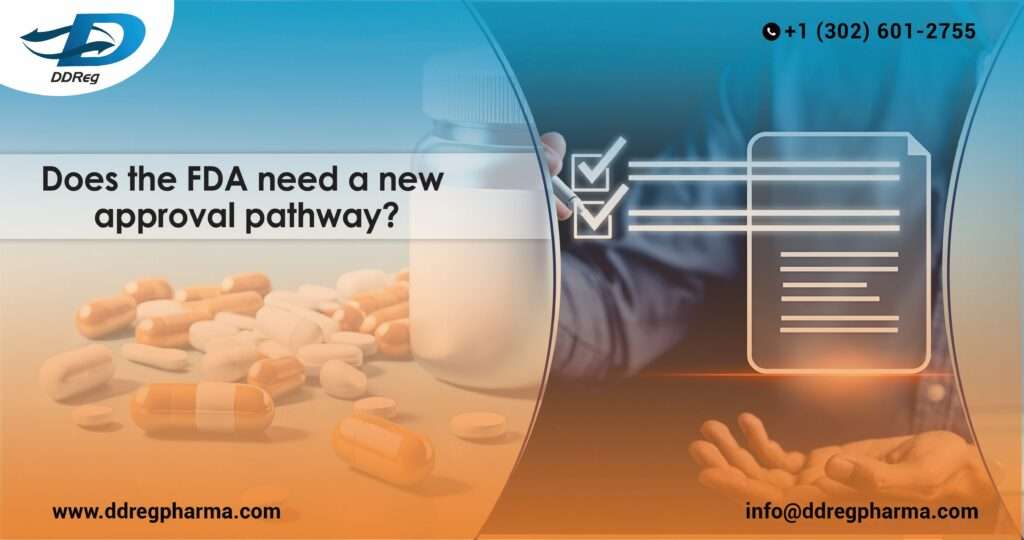The accelerated approval pathway is established to expedite the availability of drugs for serious or life-threatening conditions. It allows the FDA to approve treatments based on surrogate or intermediate endpoints before confirmatory studies are completed. This pathway has been instrumental in advancing treatments for rare diseases and unmet medical needs, relying on a balance between early access and subsequent validation.
At the recent DIA 2024 Global Annual Meeting in San Diego, Peter Marks (Director of the Center for Biologics Evaluation and Research (CBER) at the FDA) addressed the ongoing debate over the need for new regulatory pathways for drug approval. The discussion centered around the proposed Promising Pathways Act (PPA) and its implications for the existing accelerated approval pathway.
Current Efficacy of Accelerated Approvals
Before delving into the need for a new pathway, it is first necessary to explain the available options. For example, the U.S. Food and Drug Administration offers the following expedited programs in place and in operation today: Fast Track, Breakthrough Therapy, Priority Review, and Accelerated Approval. Accelerated Approval is a unique pathway that has given latitude to the FDA to approve drugs for severe conditions when unmet medical needs are fulfilled. In other words, the drug may be approved, while further clinical trials will often be required to confirm the intended clinical benefit.
Marks emphasized the effectiveness of the accelerated approval program by addressing its role in unmet medical needs. The Recent research cited by Danielle Friend (Senior Director at Johnson & Johnson) supports this view. A study published in the Journal of the National Comprehensive Cancer Network demonstrated that from 2006 to 2022, accelerated approvals significantly benefited cancer patients. It provided an estimated 263,000 additional life years through 69 different therapies, including those with orphan designations. The findings also indicated a 16.5 percent increase in life years gained compared to standard care, despite some instances where treatments proved less effective than expected.
Impact of FDORA Reforms
The Food and Drug Omnibus Reform Act (FDORA) was cleared in December 2022, which included reforms to add accountability to accelerated approvals. Major provisions include requirements for conducting post-approval studies and providing periodic status reports, provisions created to prevent problems of uncompleted commitments, and pressure on pursuing post-approval studies in a timely way.
Promising Pathways Act (PPA)
The Promising Pathways Act was introduced in Congress in June and July 2023 and proposes an additional regulatory pathway. This pathway would allow for provisional Approval of drugs intended for serious or life-threatening conditions based on real-time, rolling reviews without definitive proof of efficacy. Provisional approvals could last between two and eight years.
The PPA is set apart from the current Accelerated Approval pathway in its emphasis on ongoing data collection and a more dynamic approval status. Under this model, the drug’s approval status would be more fluid, with potential adjustments as new data emerges. This could theoretically provide a more flexible and responsive regulatory framework better suited to the fast-paced developments in biotechnology and personalized medicine.
Perspectives from Experts on the FDA’s Position on the PPA
Marks expressed skepticism about the necessity of the Promising Pathways Act. He questioned whether the current accelerated approval pathway, which already provides significant flexibility, needs to be supplemented by a new, lower bar for Approval. Marks raised concerns about whether payers would cover provisionally approved drugs and whether these products might be perceived as inferior compared to those approved through the established accelerated approval pathway.
Edward Neilan from the National Organization for Rare Disorders (NORD) echoed Marks’ concerns, particularly regarding the potential challenges with payer coverage for provisionally approved drugs. Similarly, Alexis Miller from Merck underscored the value of the existing accelerated approval pathway for serious diseases and its role in driving innovation.
Conclusion
The debate around a new conditional pathway highlights the balance between rapidly providing access to life-saving treatments and maintaining rigorous standards of evidence of efficacy. While the accelerated approval pathway has proved its value, it introduces questions on the best approach vis-à-vis drug regulation at a time when new pathways, such as the Promising Pathways Act, are opening. It will be essential, as discussions continue in this vein, that any probable benefits and drawbacks of such proposals are weighed in a way that maintains the integrity of the approval process while still meeting patients’ needs.
DDReg provides regulatory services in USA with support and development of customized strategies during all regulatory phases to ensure high-quality and timely submissions. Read more from our experts: Redesigned Pre-Submission Meetings for ANDAs with the US FDA

